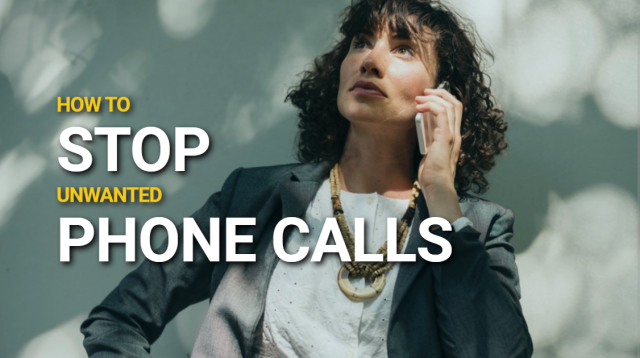
You’re in the middle of making dinner when an unfamiliar number appears on your cell phone. You answer it, thinking that it might be important. After an unnatural pause, you hear a recorded voice telling you that you can win a free cruise, lower your telephone bill or get your prescriptions cheaper.
Does it feel that your telephone is increasingly flooded with these annoying robocalls? Well, the good news is that you don’t have to put up with them. Federal laws protect consumers from unwanted phone calls. The Telephone Consumer Protection Act, or TCPA, provides consumers with the right to stop receiving unrequested sales and robocalls. TCPA violations could result in fines and penalties, and you might be able to collect anywhere from $500 and $1,500 in TCPA violation penalties for each unwanted telephone call.
In 2016, Shannon Cook sued Wisconsin-based retailer Kohl’s after they placed thousands of robocalls to her phone over a period of two years. These calls were meant for her ex-boyfriend. Ms. Cook asked the retailer to stop calling as she wasn’t the intended recipient. She also asked them to place her on their Do Not Call list. They continued to call in spite of her actions. Ms. Cook filed a lawsuit against the company. Now, it is possible that she could receive up to $1,500 for each call if a jury finds that Kohl’s willfully violated the TCPA.
If you have received harassing phone calls, you might be wondering how to stop unwanted phone calls. Fortunately, it is easy to stop harassment calls by taking the right steps.
How Do I Stop Unwanted Phone Calls?
What if you give a company your cell phone number and permission to call, but no longer want them to call because they are harassing you? You still have the right to revoke that consent at any time and be placed on either the federal regular or robocall Do Not Call List, or the company’s Do Not Call List. If the solicitor continues to call after you have taken this step, then they are violating federal TCPA laws.
If you receive a robocall or automated call on your residential landline phone, you may be able to sue for damages if you did not have a prior business relationship with the caller. So, if you have never done business with the caller or ordered anything from them online, you might be able to sue if they contact your landline without permission.
Despite these laws that were put in place by the federal government to protect consumers, telemarketers and collectors continue to violate the Telephone Consumer Protection Act.
How To Get Help For TCPA Violations
If you want to stop unwanted solicitation and robocalls, then contact an attorney who is well-versed in TCPA laws. This will make the company stop calling at once. Not only that but if the company has willingly violated the law, they might have to pay you compensation. Under the Telephone Consumer Protection Act, you might be able to recover $500 for each unwanted phone call. If the caller knowingly or willingly violated the law, the penalties are higher. You can sue for as much as $1,500 for each text or call that was sent without your consent.
The federal legislation is complicated. But, a TCPA lawyer can help you by dealing with debt collectors on your behalf. You can get the calls to stop and get compensation too. Get in contact with a harassing phone calls lawyer today and exercise your rights under the law.
However, high doses are often associated with the risk of side effects, therefore their use requires caution. vgrmalaysia.net To ensure as comfortable obesity treatment as possible, experts recommend initiating the therapy with the use of Duromine 15 mg capsules, despite the fact that a considerable number of patients prefer using higher doses of the medication from the very beginning.